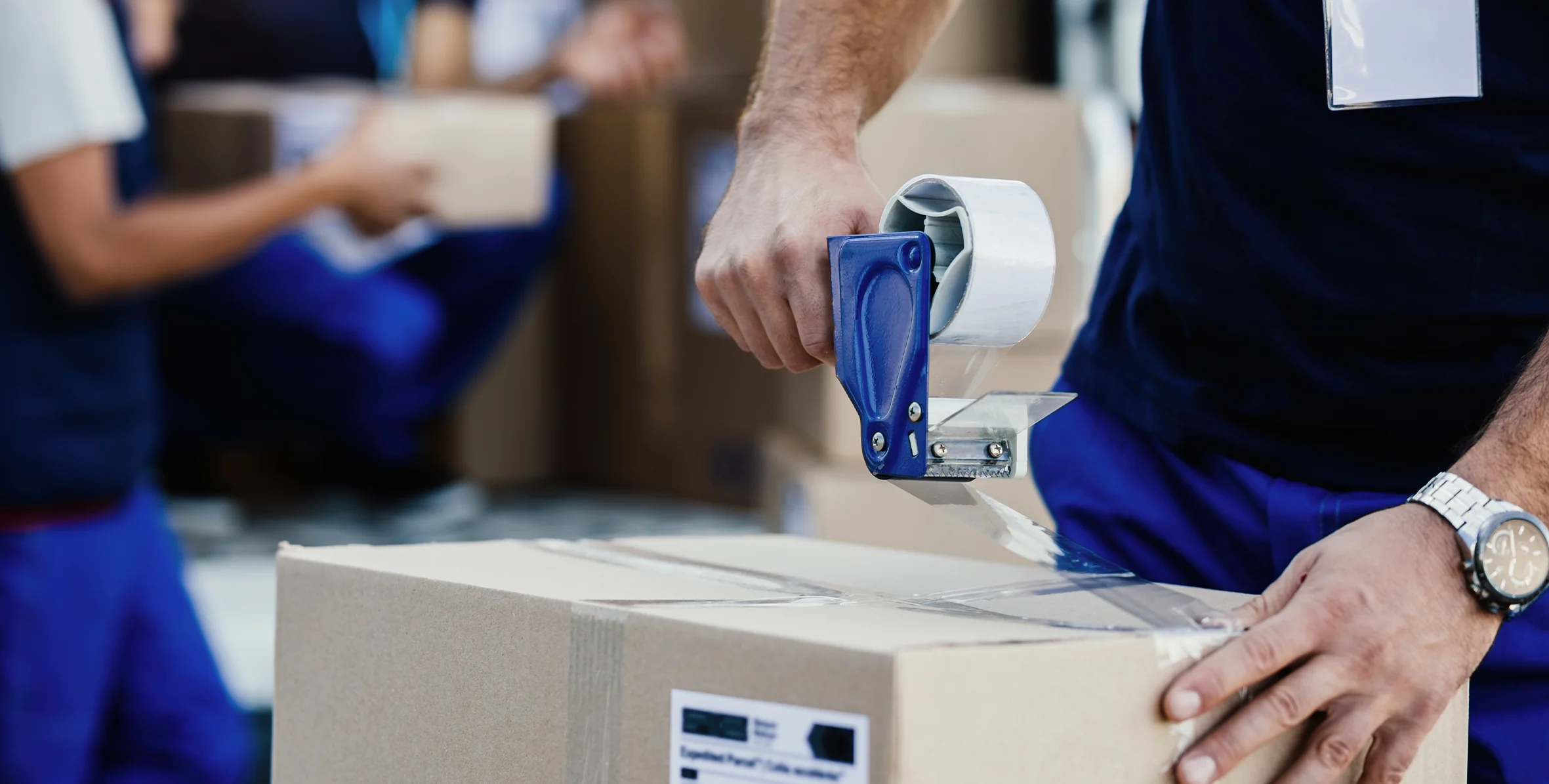“It’s not the load that breaks you down, it’s the way you carry it.”
That saying couldn’t be truer when it comes to moving day. You’d be surprised how many smart, organized people still overlook the things people forget before moving, and it’s not always the big stuff.
In fact, a recent survey found that nearly 60% of movers admit they only remember important tasks in the final 48 hours, which leads to last-minute stress, unexpected costs, and even lost belongings. It’s a lot like packing for a vacation and realizing at the airport that your passport is still on the kitchen counter.
Moving is more than just packing boxes and calling a truck. It’s about tackling all those little details that hide in plain sight. From updating addresses to emptying that forgotten drawer in the hallway, there are countless pre-move tasks that slip through the cracks.
So, if you’re preparing for the big day, consider this guide as your best option for not forgetting anything before moving day.
| Timeline | Key Tasks | Why It Matters |
|---|---|---|
| 30–21 Days Before | · Create your moving day to-do list. · Book movers or a rental truck. · Start decluttering and donating unwanted items. · Notify landlords or HOA if required. · Arrange for time off work on moving day. | Starting early avoids last-minute moving chaos and helps you budget time and money efficiently. |
| 20–14 Days Before | · Begin packing non-essential items. · Label boxes clearly by room. · Update or schedule utility transfers. · Gather important documents in a safe folder. | Helps reduce stress and ensures nothing important is left behind when the big day comes. |
| 13–7 Days Before | · Finalize packing of seasonal or rarely used items. · Confirm arrangements with movers. · Plan meals to use up perishable food. · Arrange pet care or childcare for moving day. | Keeps you on track and avoids last-minute rushes that lead to forgotten tasks. |
| 6–2 Days Before | · Pack an “essentials box” with toiletries, clothes, and daily needs. · Disassemble furniture if needed. · Back up important digital files. · Clean rooms as you empty them. | Prepares you for the transition so you can function without tearing open every box. |
| Night Before / Morning Of | · Double-check closets, drawers, and storage spaces. · Ensure the fridge/freezer is empty and defrosted. · Keep keys, paperwork, and IDs in an easy-to-access spot. · Do a final walkthrough. | Prevents common moving day mistakes and ensures you leave nothing behind. |
When it comes to things people forget before moving, paperwork and admin tasks are the silent stress-makers. They don’t take up physical space like boxes, but if you miss them, the consequences can be far more frustrating.
Start with updating your address, not just with USPS, but also with your bank, credit card companies, DMV, and insurance providers. Skipping this step is one of the common moving day mistakes that can leave you missing important bills or sensitive documents.
Schedule your utility transfer or disconnection well in advance; power, gas, water, and trash collection should all be on your moving day to-do list. Aim to have services at your new place ready a day before you arrive.
We live in a connected world, so moving into a Wi-Fi-free home can feel like stepping into the Stone Age. Book your internet and TV installation early, especially if your area has limited provider options.
Your home or renters’ insurance, and even your auto insurance, may need updating with your new address. Policies can sometimes change in price or coverage based on location, so this isn’t just about paperwork; it’s about protecting yourself from gaps in coverage.
If you have kids, pets, or ongoing medical needs, arrange for all relevant records to be transferred to your new providers. Doing this ahead of time prevents last-minute scrambles and ensures continuity of care. This is especially important in last-minute moving scenarios.
When it comes to things people forget before moving, the financial and service-related details often get overlooked, and they can cost you if you’re not careful.
A little attention to these moving preparation tips can save you from late fees, lost services, and awkward last-minute scrambles on moving day.
 Even with a solid moving day to-do list, there are always a few items people regret leaving behind or burying in the wrong box.[/caption]
Even with a solid moving day to-do list, there are always a few items people regret leaving behind or burying in the wrong box.[/caption]
These are the things people often forget to pack before moving, which can turn your first days in a new home into a scavenger hunt.
Good labeling is one of those pre-move tasks that pays off the moment you start unpacking. It’s not just about knowing what’s in each box; it’s about making sure everything lands exactly where it belongs on the first try.
You can have the perfect moving day checklist essentials, but if the truck can’t park or the elevator isn’t reserved, your day can go sideways fast.
These things can cause delays, extra costs, and a whole lot of frustration.
 Even with the most detailed moving day prep checklist, some items just slip under the radar — often because they’re out of sight or need extra care.[/caption]
Even with the most detailed moving day prep checklist, some items just slip under the radar — often because they’re out of sight or need extra care.[/caption]
Forgetting these can lead to delays, damage, or last-minute scrambles.
When thinking about things people forget before moving, the focus is often on boxes and furniture, but your family and pets need planning, too. A smooth transition for them makes the whole move less stressful for everyone.
One of the most overlooked pre-move tasks is leaving your old home in top shape. Whether you’re handing over keys to a landlord or a buyer, this step can affect your security deposit, final payments, or even your reputation.
Even with the most thorough moving day prep checklist, this last step is your safety net against forgotten items and post-move surprises.
How to Plan a Cross-Country Move
How to Move on a Budget and Cut Moving Costs
Keep IDs, moving contracts, property documents, and emergency contact numbers with you. Store them in a secure folder that travels in your personal vehicle, not the moving truck.
Create a detailed checklist weeks in advance and do a final walkthrough of every space — including storage areas, attics, and garages — before leaving.
Start packing non-essentials 3–4 weeks ahead, leaving only daily-use items for the last few days. This avoids last-minute rushing and forgotten items.
Movers may refuse hazardous materials like propane, paint, chemicals, or explosives, as well as perishable food and certain plants. Always confirm with your moving company.
Defrost at least 24 hours before moving, wipe it dry to prevent mold, and secure shelves or drawers. Transport perishables in a cooler with ice packs.